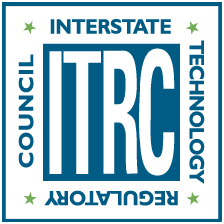Climate
Executive Order
Executive order that calls for various climate and resilience goals. Including; adhering to the Paris Agreement, crafting a Clean Power Plan, a Climate Council, and integrating climate policy into each department.
Report
This plan provides the following: (1) projected change in the climate; (2) climate justice considerations; (3) state infrastructure, assets, programs and services (4) preliminary actions currently underway or which could be taken to reduce the risk for at least three example vulnerability areas; and (5) recommendations for nature-based solutions to enhance ecosystem resiliency and sequester carbon in the state’s natural and working lands.
North Carolina’s Climate Action Plan Summary for sector-based policies and measures.
https://www.eesi.org/files/ccs_nc_summary.pdf
Wildfire
Website
Website with information on fire control and prevention.


